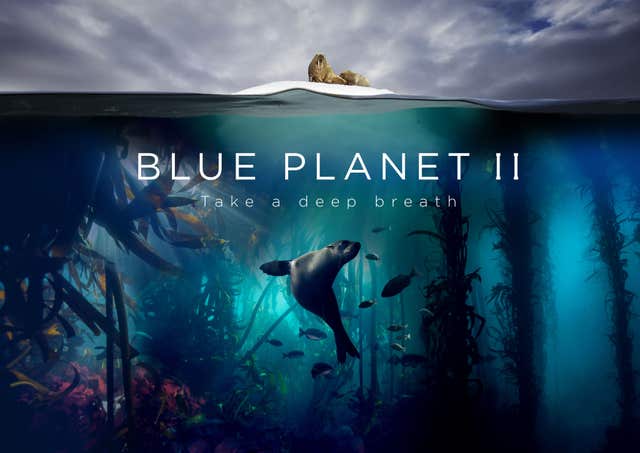Watching nature on TV can boost wellbeing, says study
The research also showed that experiencing nature in virtual reality could have even larger benefits.

Watching high-quality nature programmes on TV can lift people’s moods, reduce negative emotions and help alleviate the kind of boredom associated with being isolated indoors, according to a study.
The research also showed that experiencing nature in virtual reality could have even larger benefits, boosting positive feelings and increasing people’s connection to the natural world.
Under laboratory conditions, researchers from the University of Exeter first induced feelings of boredom in 96 participants by asking them to watch a video in which a person describes their work at an office supply company.
They then experienced scenes of an underwater coral reef in one of three different ways: on TV, in a VR headset using 360-degree video, or in a VR headset using computer-generated interactive graphics.
However, only the interactive virtual reality experience led to increases in positive feelings, such as happiness, and strengthened how connected people felt to nature.
Nicky Yeo, lead researcher on the study, believes the findings could have important implications for populations facing extended periods at home.
“Our results show that simply watching nature on TV can help to lift people’s mood and combat boredom,” she said.
“With people around the world facing limited access to outdoor environments because of Covid-19 quarantines, this study suggests that nature programmes might offer an accessible way for populations to benefit from a ‘dose’ of digital nature.”
The team worked with the BBC Natural History Unit to create their experimental conditions, which featured several scenes from the Blue Planet II series, including unseen 360-degree footage.

Dr Mathew White, co-author of the study, said: “We’re particularly excited by the additional benefits immersive experiences of nature might provide.
“Virtual reality could help us to boost the wellbeing of people who can’t readily access the natural world, such as those in hospital or in long-term care.
“But it might also help to encourage a deeper connection to nature in healthy populations, a mechanism which can foster more pro-environmental behaviours and prompt people to protect and preserve nature in the real world.”
The study – What is the best way of delivering virtual nature for improving mood?: An experimental comparison of high definition TV, 360-degree video, and computer generated virtual reality – is published in the Journal of Environmental Psychology.





